Political disagreements among Wyoming’s elected leaders are not unusual, but the escalating public conflict between Governor Mark Gordon and Secretary of State Chuck Gray marks a notable shift toward more visible tensions, WyoFile reports.
The latest conflict emerged publicly during a contentious State Board of Land Commissioners meeting on June 5. At issue was a controversial gravel mining project near Casper Mountain, opposed by many Natrona County residents. Despite anticipation around the board’s vote on renewing state leases for the gravel mine, the highlight of the meeting became a heated exchange between Governor Gordon and Secretary Gray.
Gray criticized Gordon’s handling of the meeting, specifically concerning opportunities for public comment. Gordon responded pointedly, urging patience. Gray countered sharply, accusing Gordon of making “continued false accusations.”
“You need to be patient, sir, and allow the process to work,” Gordon told Gray.
“I’ve been very patient with you in requesting the parameters for public comment on this meeting and they have never been provided,” Gray shot back.
This public disagreement visibly unsettled other board members and audience members alike, underscoring deeper political divisions. Wyoming Treasurer Curt Meier later joked, “We smile a lot,” referring to the tension between his fellow commissioners.
Gray and Gordon’s disagreements trace back several years. In 2019, Gordon vetoed a bill championed by Gray (then a state lawmaker) designed to fund a lawsuit against Washington state over blocked coal export terminals. Gordon argued the bill risked complicating ongoing litigation, while Gray insisted it was critical to protect Wyoming’s coal interests.
More recently, tensions intensified over policy disagreements concerning energy and environmental regulation. Gordon supports an “all-of-the-above” energy approach, integrating renewables and low-carbon sources. Gray criticizes this stance as excessively liberal, asserting that Wyoming’s policies should prioritize fossil fuels.
Last year, Gordon rejected two rulemaking proposals from Gray, citing legal limitations. One involved environmental, social, and governance (ESG) investment disclosures; the other concerned voter registration procedures. Each rejection prompted Gray to publicly accuse Gordon of insufficient commitment to conservative principles.
The discord extended into social media after Gray criticized Gordon’s approval of leases for two wind projects, the Pronghorn and Sidewinder developments. Posting an image of a damaged wind turbine blade, Gray accused Gordon of pursuing a flawed renewable energy vision. Gordon swiftly rebutted the charge, accusing Gray of spreading misinformation.
The exchange rapidly escalated as Gray posted a five-minute response video accusing Gordon of supporting “left-wing, green boondoggle wind policies.” Gray’s aggressive use of social media contrasts with Gordon’s usually reserved public demeanor, further highlighting their differing political styles.
When asked about these tensions by WyoFile, Gordon described Gray’s behavior as a distraction rooted in inexperience and political ambition.
“The Secretary seems overly eager to manufacture issues to garner attention from the media or get views on Facebook,” Gordon said.
He emphasized a continued commitment to collaborative governance despite frustrations.
Gray, however, argued their disagreements reflect fundamental policy differences, accusing Gordon of adopting liberal stances disguised as pragmatism. He claimed Gordon’s criticism stems from discomfort with being challenged publicly, describing his own actions as necessary to expose “false talking points.”
Longtime Wyoming political observers note such public clashes are rare. Joan Barron, who reported on Wyoming politics for decades, recalled tensions between former Governor Dave Freudenthal and former Treasurer Cynthia Lummis but noted their disagreements rarely reached the intensity seen between Gordon and Gray.
Former elected officials also expressed concern about declining civility. Diana Ohman, who served as Wyoming’s superintendent of public instruction and secretary of state, lamented a decrease in personal communication among officials, replaced increasingly by public disputes via social media.
Former Governor Jim Geringer similarly observed that past disagreements among Wyoming’s leaders focused on private discussions aimed at compromise, avoiding public confrontations.
Lobbyist Jim Magagna warned that this public sparring disrupts the efficient operation of state governance, lengthening meetings and distracting from essential policy debates.
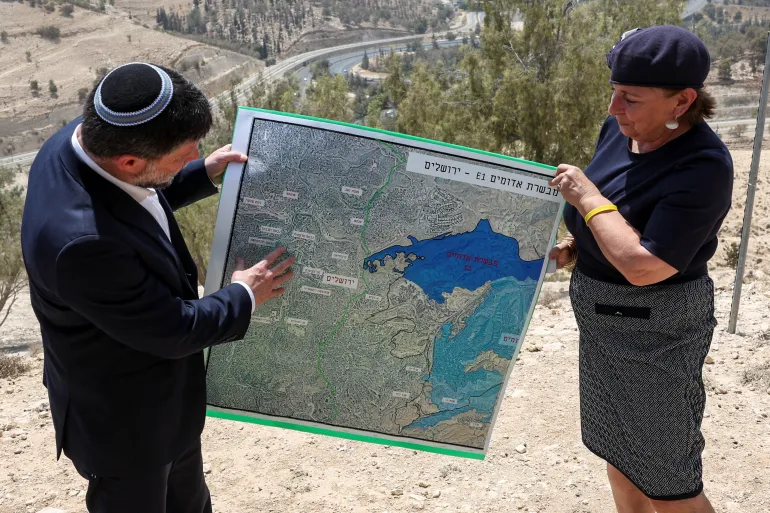
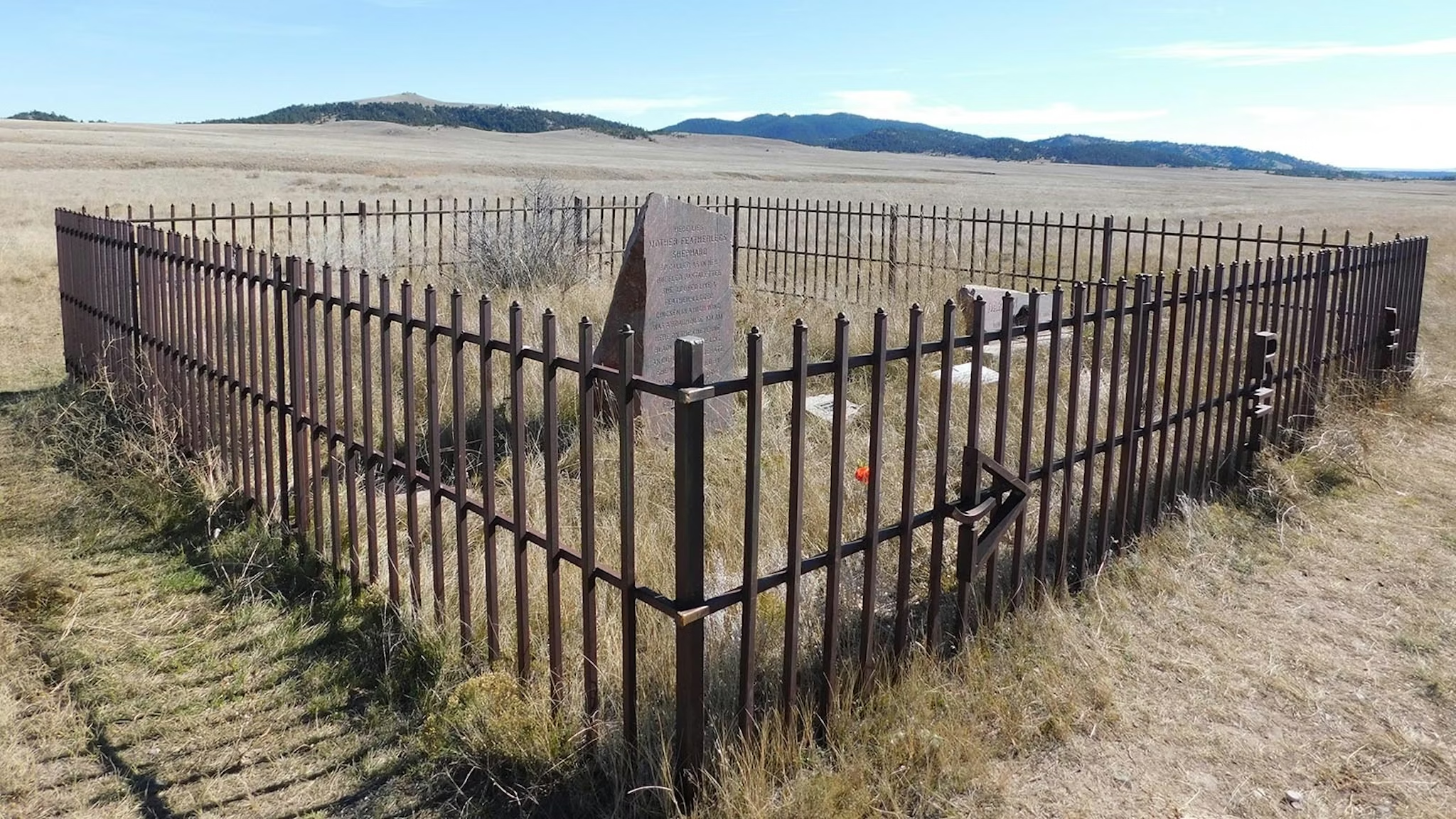

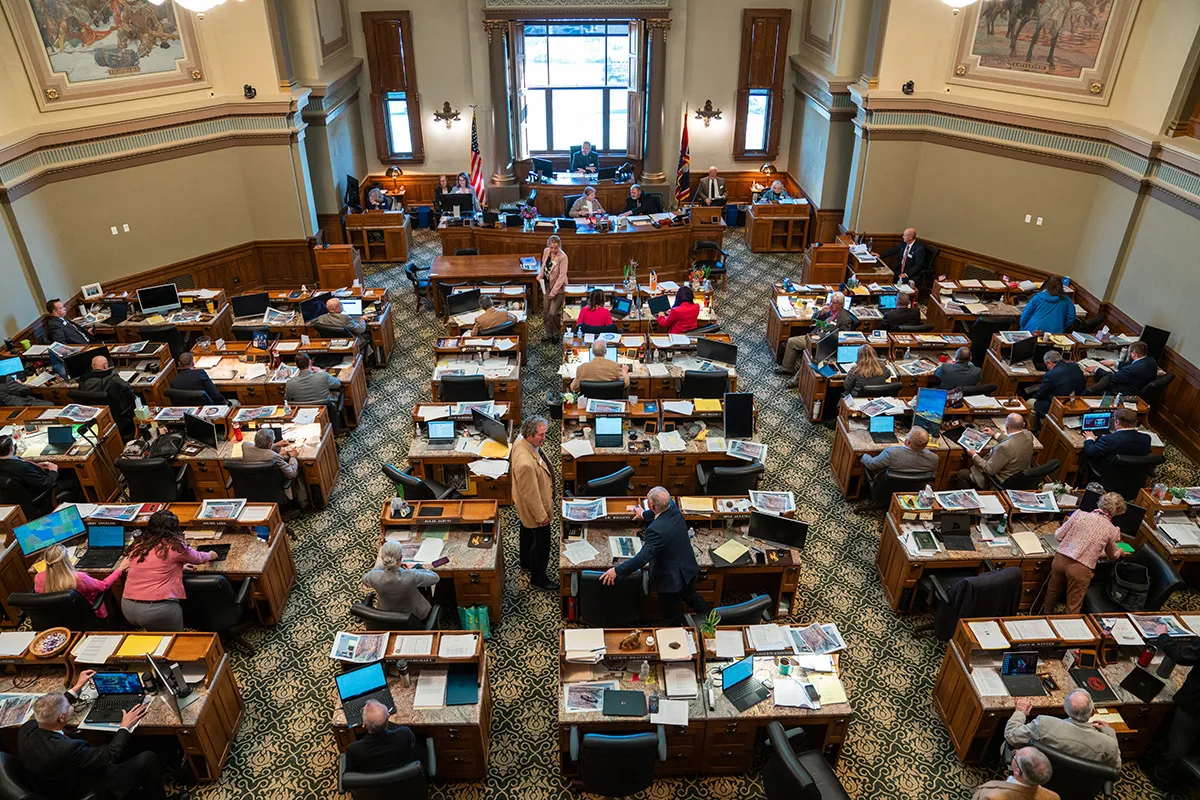
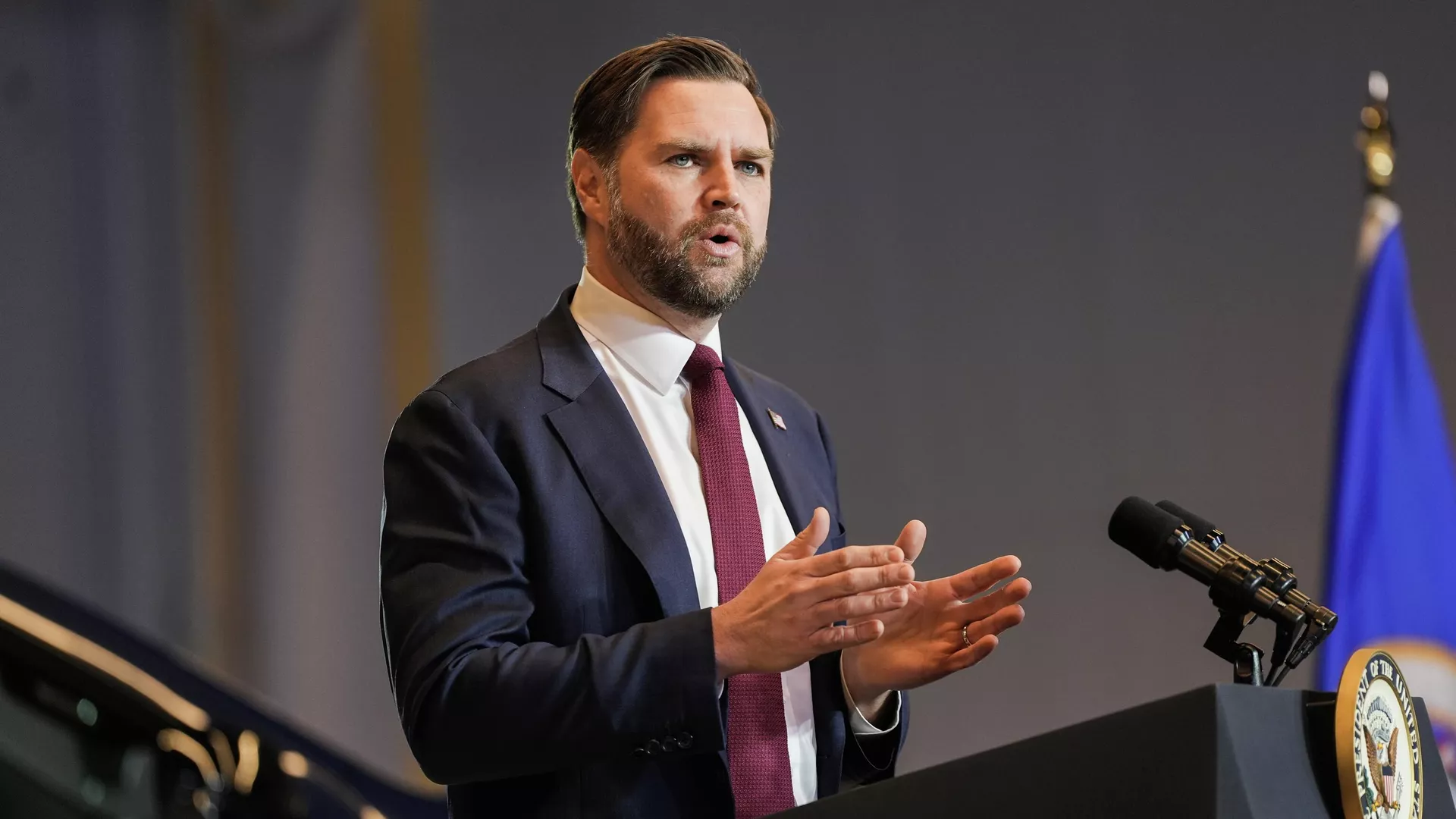
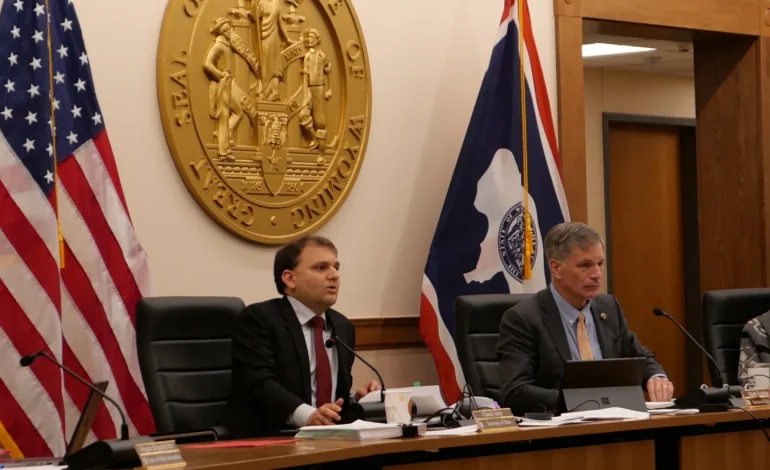




The latest news in your social feeds
Subscribe to our social media platforms to stay tuned